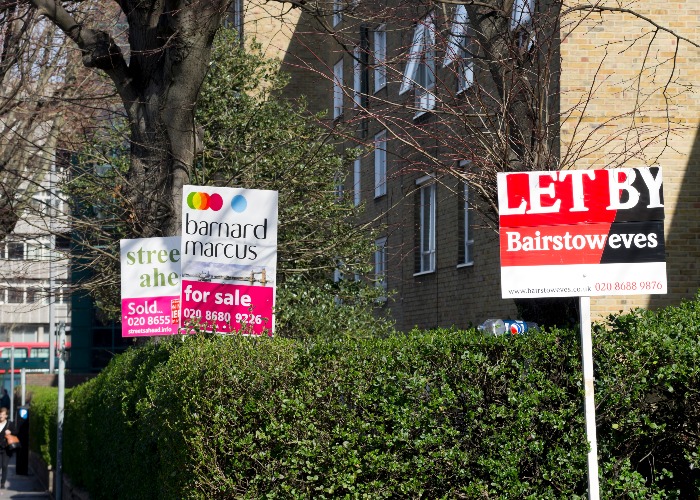Cladding: Surveyor guidance provides hope for thousands of mortgage prisoners

RICS guidance should lead to a sharp fall in the number of fire safety tests required by those looking to sell a flat.
We are almost four years on now from the Grenfell disaster, and yet its impacts continue to be felt in the housing market.
Indeed, it has meant that thousands of homeowners are trapped, unable to move to a new mortgage deal or sell their properties.
But new hope has been provided to owners in this position.
The cladding problem
After the Grenfell disaster, lenders understandably took a cautious approach to lending against properties in blocks of flats.
They started requesting clarification over the exact make-up of the building ‒ and how it would fare in the event of a fire ‒ by requiring sellers to produce an EWS1 form.
These forms detail the external wall system of a property.
The idea is that the property goes through a fire safety assessment, and once everything is passed the building is signed off for five years.
Things haven’t gone smoothly though. Lenders have asked for sellers of all kinds of apartments ‒ even in small blocks ‒ to produce these forms, and there simply aren’t enough qualified surveyors able to carry out the checks.
This massive imbalance between supply and demand has meant that thousands of flat owners who want to sell or remortgage are simply unable to because lenders won’t hand over mortgages without the forms being completed.
And those are just the people that want to move ‒ there are millions of properties caught up in this crisis, leaving the owners effectively mortgage prisoners. Unable to sell, trapped on a mortgage they can’t remortgage from and so condemned to higher costs in future.
A first step
There has been a clear problem here for well over a year, but the Government took an age to recognise it and actually try to do anything about it.
We finally had some positive action last month, with the Government committing a £3.5bn fund towards paying for the removal of unsafe cladding from residential buildings.
This will only be spent on the highest high-rise buildings though, with leaseholders instead having to pay each month towards clearing cladding from smaller apartment blocks.
Let’s be honest, as solutions go it’s pretty farcical, leaving thousands of leaseholds to pay to clear up other people’s mess.
How things are changing
Better news comes in the form of new guidance from the Royal Institution of Chartered Surveyors (RICS) this week though.
The guidance was put together with lenders, valuers and fire safety experts, and clarifies which properties actually need these EWS1 forms and which don’t.
And crucially it’s designed to cut down the number of instances where a lender should ask for an EWS1 form to be produced.
For example, buildings of four storeys or fewer should only need one if there are certain types of panels on the walls, while bigger buildings may only require them if there is definitely a “significant” amount of cladding present, or there are balconies that stack vertically above each other.
Ben Elder, head of valuation standards at RICS, said that the trade body believed the guidance would reduce the number of EWS1 forms requested, and called on lenders to now follow that guidance.
The signs are pretty good too, with UK Finance and the Building Societies Association emphasising that they believe their members will do so.
Only time will actually tell if it makes a difference.
But the combination of proper clarity about when tests are required, and the funding going into boosting the number of surveyors qualified to carry out these tests should go some way towards unlocking the market for flat owners and get things moving once again.
Comments
Be the first to comment
Do you want to comment on this article? You need to be signed in for this feature